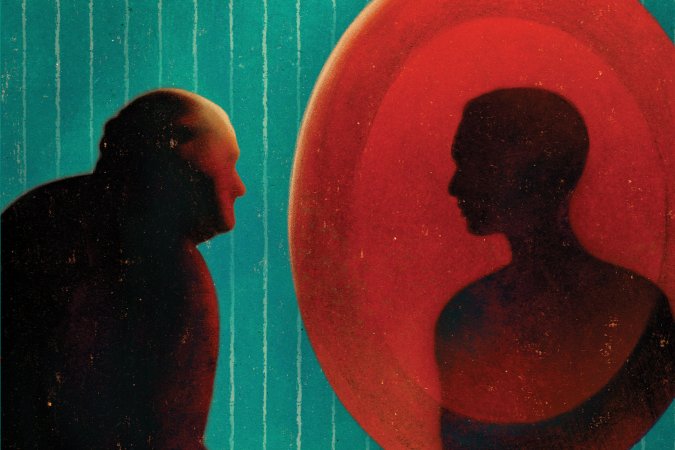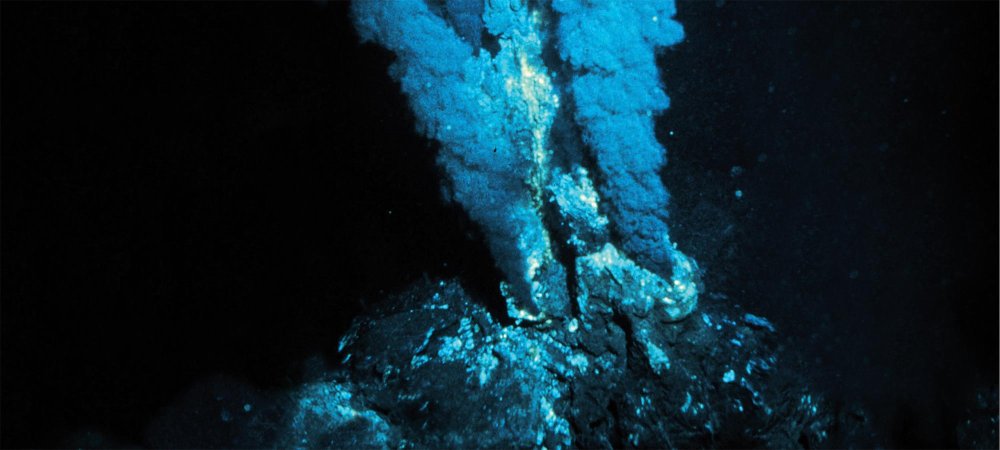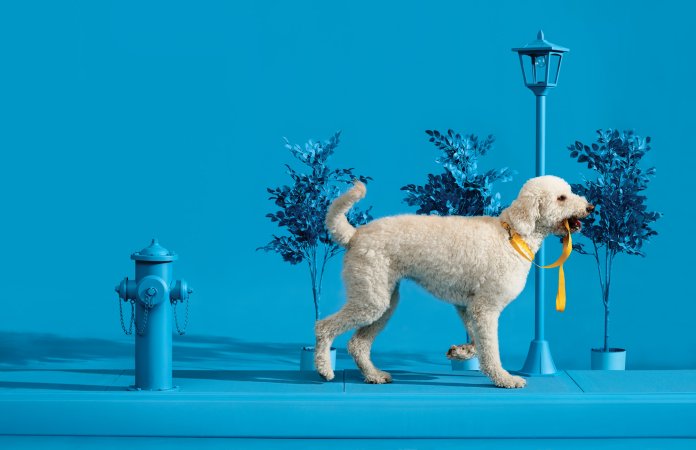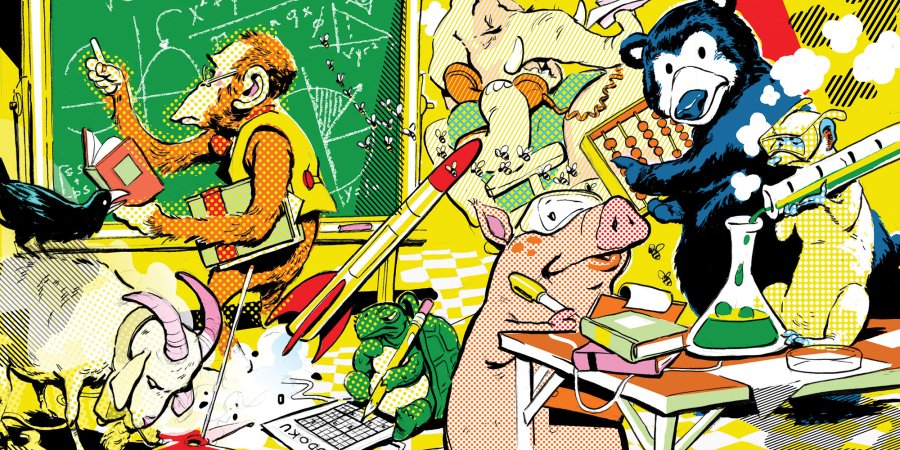About
Kat McGowan is a journalist and editor in California focused on healthcare, medicine, and biological research. She sees science reporting as a way to explore the zone where new ideas come into contact with politics, money, and power.
Experience
Kat started her career as an urban policy reporter for a City Limits, a small but mighty investigative magazine in New York City, then became a reporter at GenomeWeb during the heyday of the Human Genome Project and later a special projects editor at Discover. Since then she has helped craft a wide range of special editorial projects at various science and medical publications.
As a reporter and writer, she’s covered everything from crow brains to chikungunya to parthenogenesis; her feature on memory was anthologized in Best American Science & Nature Writing. For Popular Science, she’s written about the origins of life on Earth, the domestication of dogs, and the scientific search for a fountain of youth in blood. She is a 2022 recipient of the Alicia Patterson Foundation grant, pursuing in-depth reporting on caregiving.
Education
Kat graduated from Brown University with a B.A. in semiotics (honors thesis) and an Sc.B. in neuroscience, then went to New York University’s Science, Health and Environmental Reporting Program for a master’s degree.
Highlights
- Broad knowledge of health, healthcare and medical research, with deep expertise in neuroscience, genetics, neurodegenerative diseases, climate, and comparative cognition (animal stories!)
- Specialty in narrative feature writing and editing
- Former consulting editor for Discover, Scientific American, Wired, and many others; current project editor for the Grist 50, an annual celebration of up-and-coming leaders in sustainability, climate, and justice.
- Beyond PopSci, recent stories in Boston Globe Ideas, Wired, Audubon, Mother Jones
Favorite weird science fact
A hand-raised wolf puppy might fetch a ball or walk on a lead—but it will never cling to your side the way a Labrador would.




